Description
Advances in Poultry Welfare provides a targeted overview of contemporary developments in poultry welfare. The reviews in the volume address topical issues related to poultry welfare research and assessment, with a focus on identifying practical strategies for improvement as well as information gaps that remain to be filled. Part One provides an introduction to poultry production systems and gives a broad overview of current poultry welfare issues. Part Two moves on to review several aspects of poultry management, focusing on hatchery practices, early rearing, and slaughter. Part Three deals with welfare assessment on the farm, while Part Four explores continuing challenges, such as feather pecking and skeletal problems.406 p.
Series:

- Joy A. Mench, Editor. Professor Emeritus, Animal welfare consultant to various food system stakeholders. Department of Animal Welfare, University of California-Davis, Davis, CA (USA).
- Publication date (digital version): 2017-11 – Woodhead Publishing.
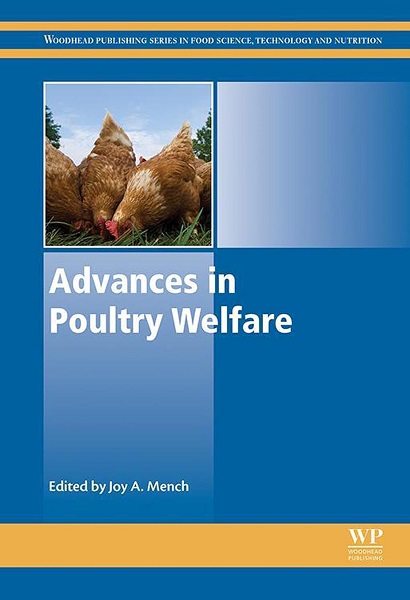

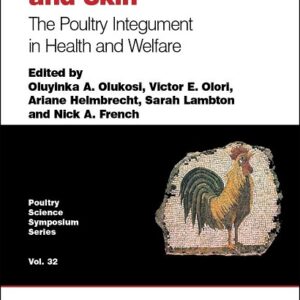
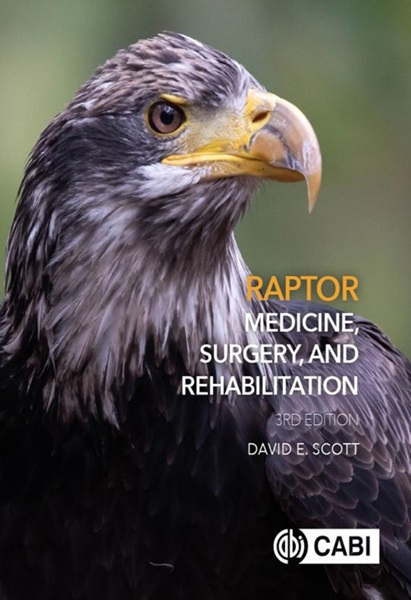

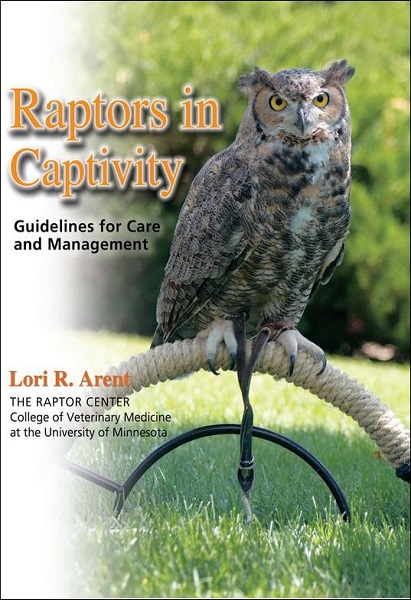

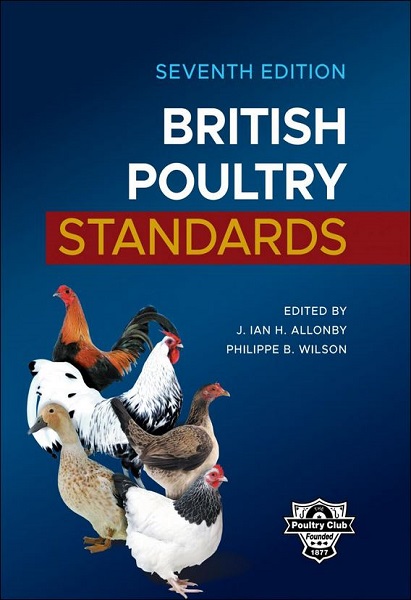
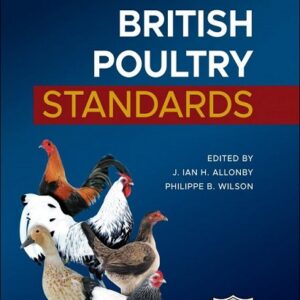
You must be logged in to submit a review.